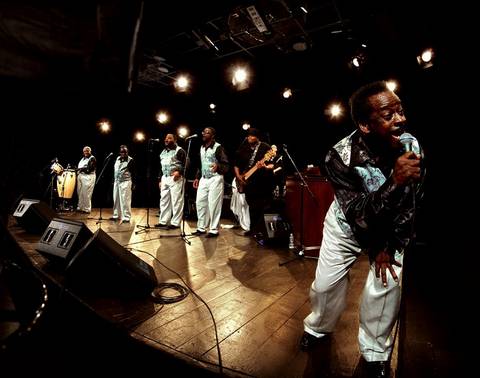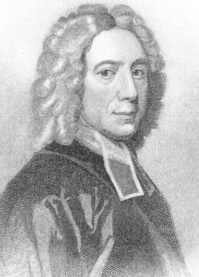Your life is shaped by by the songs your parents teach you. Mine was, at least. And among the many, many songs we sang in the kitchen, in the car, in the bathtub, (really, where didn’t we sing?) were spirituals. From as far back as I can remember, we sang “Rocka My Soul in the Bosom of Abraham,” “Swing Low, Sweet Chariot,” and “I Got Shoes.” They were just as familiar as the “Itsy Bitsy Spider” when I was growing up.
I will always have a special fondness for spirituals. I love the tunes and the power of the imagery. I love the way the songs tell stories. So it’s a great pleasure when I discover a spiritual that’s new to me, or hear a new take on a familiar tune. This recording of “Witness” is one of those musical delights. It’s thrilling to hear singer Valentina Oriani and guitarist Marco Squicciarini weave in and out, around the tune and one another. A terrific way to start the week.

Oh Lord, what manner of man is this?
All nations in him are blest,
all things are done by his will;
he spoke to the sea and the sea stood still.
Now, ain’t that a witness for my Lord?
Ain’t that a witness for my Lord? (2x)
My soul is a witness for my Lord.
Now there was a man of the Pharisees,
His name was Nicodemus and he didn’t believe.
The same came to Christ by night.
Wanted to be taught out of human sight.
Nicodemus was a man who desired to know
how a man can be born when he is old.
Christ told Nicodemus as a friend,
“Man you must be born again.”
Said, “Marvel not, man, if you wanna be wise,
Repent, believe and be baptized”.
Then you’ll be a witness for my Lord,
You’ll be a witness for my Lord (2x)
My soul is a witness for my Lord.
Now you read about Samson, from his birth
strongest man that ever lived on earth,
‘way back yonder in ancient times
he killed ten thousand Philistines.
Then old Samson went wandering about;
Samson’s strength was never found out
Till his wife sat upon his knee.
She said: “Tell me where your strength lies, if you
please”.
Now, Samson’s wife, she talk so fair,
Samson said: “Cut off my hair,
shave my head as you clean your hand
and my strength will become like a natural man”.
Old Samson was a witness for my Lord. (3x)
My soul is a witness for my Lord.
There’s another witness for my Lord. (3x)
My soul is a witness for my Lord.




